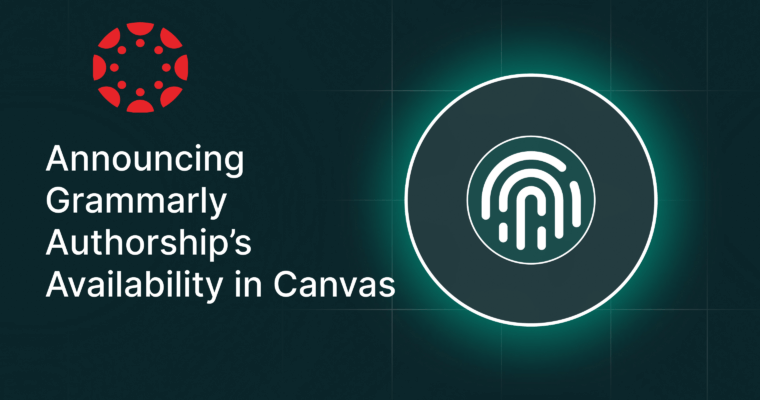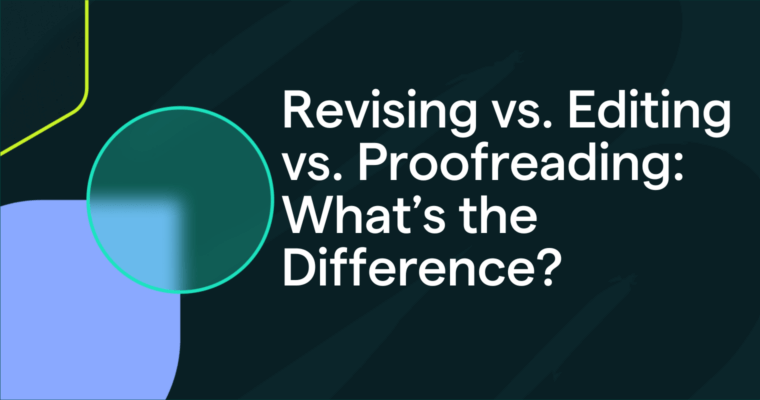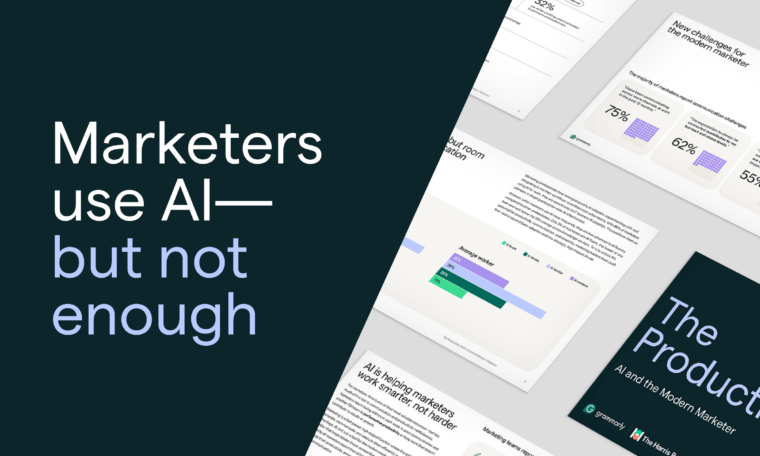
The challenge: Navigating AI’s impact on education
AI has significantly disrupted education, fundamentally reshaping how students approach assignments and how educators assess academic integrity. As generative AI tools continue to become more sophisticated and prevalent, both students and educators must adapt to a new reality—one where using AI effectively must be balanced with maintaining authentic learning experiences.
At Grammarly, we believe the path forward is through openness, collaboration, and critical dialogue. Authorship uniquely addresses this need by providing transparency into if and how AI has been used, helping educators and students work together to establish best practices that preserve authentic learning while responsibly integrating AI.
Grammarly Authorship: A student-first approach
Grammarly Authorship was designed from the ground up to promote transparency in writing. Unlike traditional detection-focused tools, Authorship is student-first, enabling learners to proactively demonstrate their writing process and clearly indicate if—and how—they’ve interacted with AI tools. By providing insight into their workflow, students gain agency and educators receive a clearer, more nuanced understanding of student work.
Authorship offers:
- Clear categorization: Authorship distinguishes between human-written content, AI-generated content, modified content, and pasted material.
- Analytical insights: Reports clearly display writing categories through intuitive, color-coded breakdowns.
- Authoring playback: This feature visually demonstrates each step of a student’s writing process, fostering trust and deeper engagement.
Recognition from EdTech Breakthrough
“Grammarly Authorship gives students an easy way to show how they wrote their paper, including if and how they interacted with AI tools. While other AI detection tools leave students in the dark with no insight into the results or defense against false positives, Authorship provides deeper insights that foster two-way transparency in the writing process between educators and students. Grammarly makes it easy to improve your writing, track sources, and generate citations so your work stands out as credible, original, and impactful.”
Real-world impact: Empowering students and educators
“Authorship has tremendous potential for higher education as we try to navigate the challenges and opportunities of AI,” said Nathan Fayard, Assistant Professor of English at Indiana Wesleyan University. “Not only does Authorship help ensure students are actually doing their work, but it can also protect students from false-positives on AI detectors, giving them a way to document where the different parts of their work came from.”
To better understand Authorship’s impact, we’ve partnered with educational institutions to demonstrate its use cases and highlight its impact. These collaborations have provided meaningful insights into how Authorship enhances student learning, builds instructor confidence, and promotes innovation in academic writing assignments.
- Explore how one professor at the University of Florida modernized traditional writing assignments with Grammarly Authorship.
- Learn how Rowan-Cabarrus Community College leveraged Grammarly Authorship to reduce academic integrity violations from 27 to 1.
Looking ahead: Our continued commitment
Join us
We invite educators, students, and administrators to explore Grammarly Authorship. Join us in shaping a future where AI in education supports transparency, encourages critical thinking, and strengthens trust.
Thank you to EdTech Breakthrough for recognizing Grammarly Authorship—we look forward to continuing our mission to foster meaningful, responsible AI use in education.




